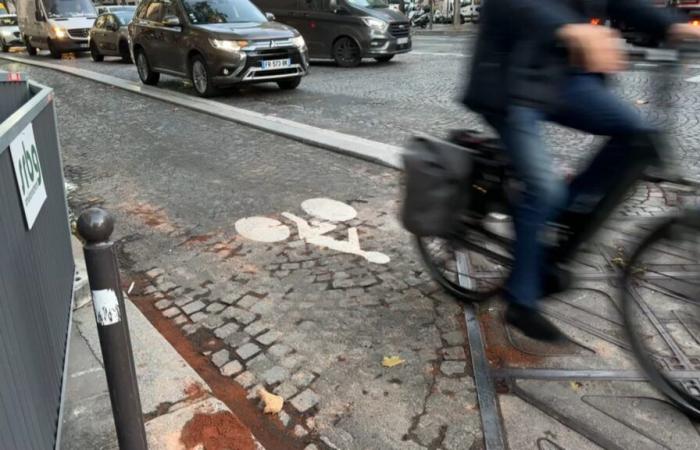Between 2023 and 2024, Cycling stagnated in France. An unexpected halt for this means of transport which had exploded since Covid. But, you don't have to worry about the bike…
The bicycle is irreplaceable. And that's no way to speak. Historically, it's the solution to everything. Imagine that, tomorrow, there is a crisis and we no longer have gasoline or electricity. The only thing left for us to get around is the bike.
An invention from when?
The bicycle was born after a natural disaster. In 1815, in Indonesia, the Tambora volcano erupted. The consequences on a global scale are enormous, including famine. We start eating horses. And obviously, more horses on the plates means fewer horses to move around. But a German finds the solution. He invented the ancestor of the bicycle. It's called the “balance bike”, named after its inventor, Karl Drais. The invention was presented in Paris in 1818. The public was fascinated by the machine. If you like, it looked like a modern-day bicycle, except there were no pedals. You had to gain momentum by pushing with your feet.
Commercially, it doesn't work too well, however. The machine was too heavy. But forty years later, a Parisian worker, Ernest Michaux, had the idea of adding pedals to the front wheel. In the early 1870s, new innovation. We invented the “big bi”, you know it’s this bike with a gigantic front wheel. It was quick, quite funny but not safe. An ingenious Englishman perfected the model with what is called the “safety bicycle”. It looks like our bike today. There are pedals and a chain to the rear wheel, which provides traction. And driving improved further with the invention of a French industrialist, Edouard Michelin, that of the tire.
Chevallier goes back in time: Cycling through time – 01/13
Democratization in the 20th century
At the beginning, it was expensive, therefore reserved for the aristocracy. But at the beginning of the 20th century, its price will drop and it will become popular. The bicycle will even become a weapon of war. During the Second World War, in 1944, the day before the Normandy landings, the first means of transport for the German army… it was not tanks, cars or trucks, it was the bicycle! There is no more gasoline, so the soldiers travel by bicycle. You should always have one at home in case of crisis.
However, after the war, there was an explosion of automobiles, and then two wheels. Cycling is for the poor, or for postmen. It doesn't make anyone dream. And it became “stylish” in the late 1970s and 1980s, at the beginning of environmental awareness. Cycling means fighting against pollution and therefore asserting one's convictions. We should cycle for a long time!
Arthur Chevallier (edited by JA)






